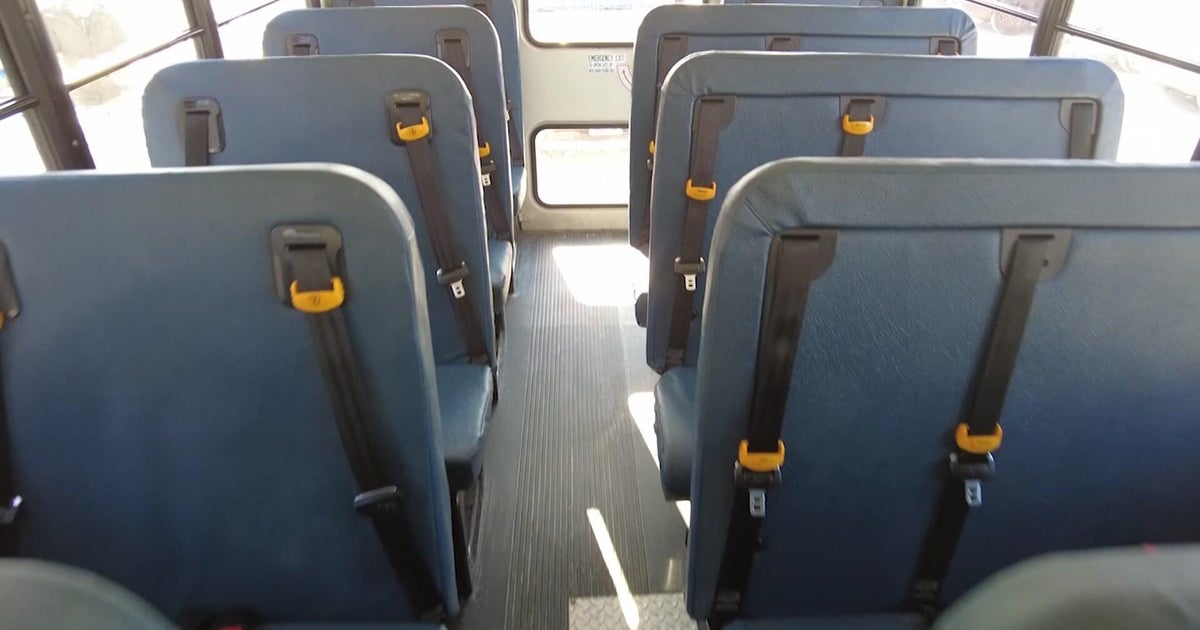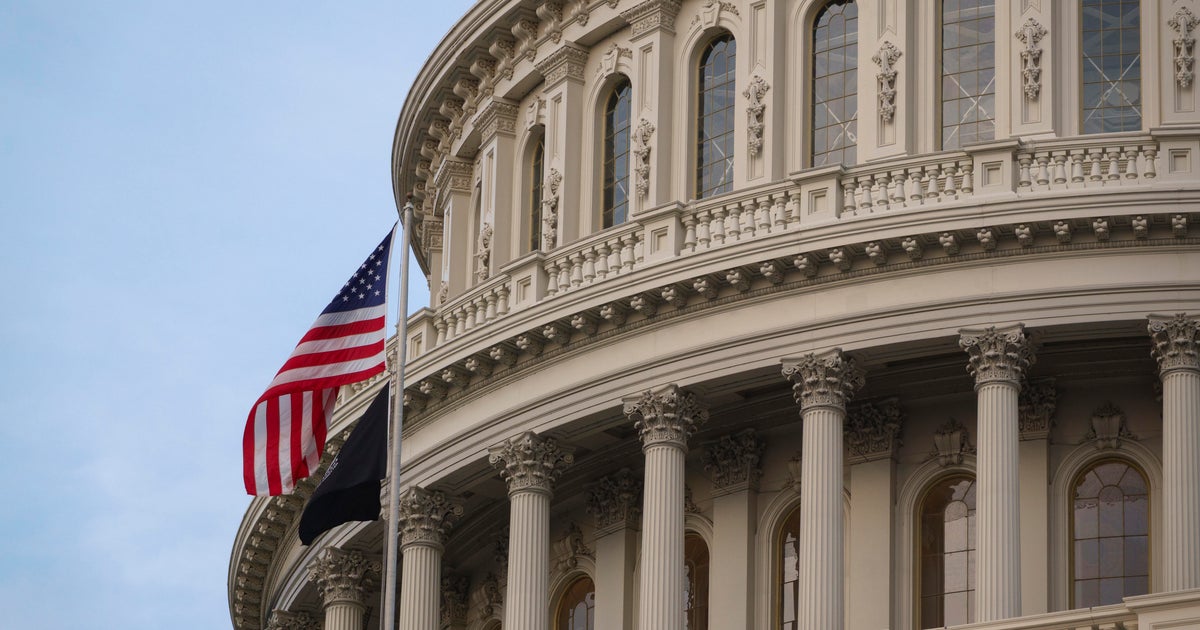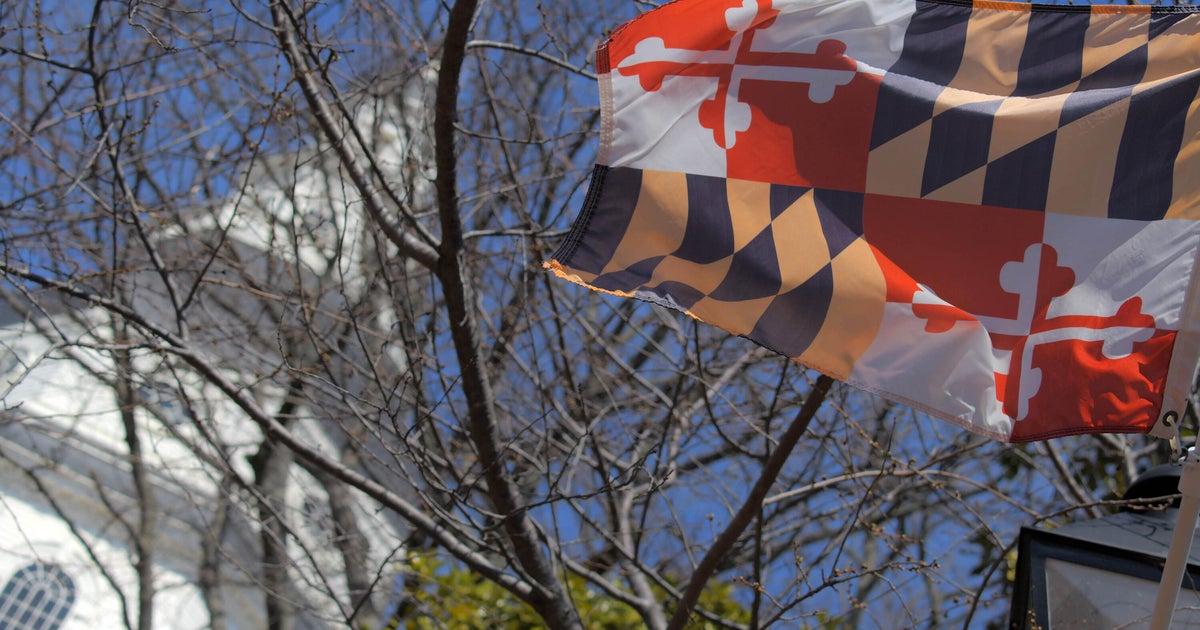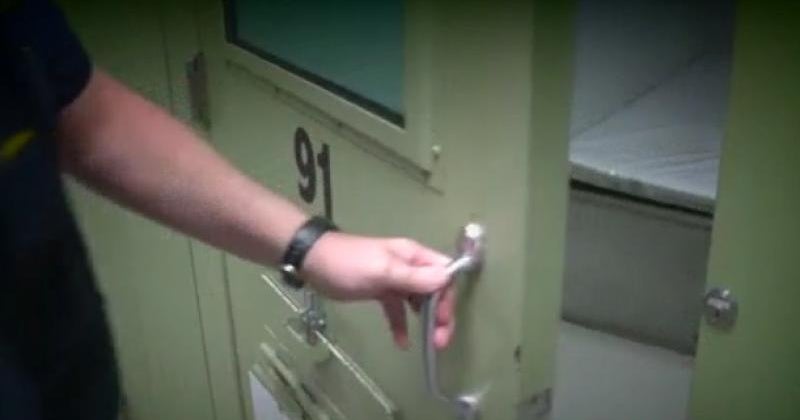FAA forming panel to study on-the-job fatigue at air traffic control centers
NEW YORK -- CBS New York's Investigative Team has learned the Federal Aviation Administration is forming a panel to study on-the-job fatigue at short-staffed air traffic control centers.
It's an issue we've been following closely for months.
It's a problem holiday travelers can't do much about: air traffic controller shortages.
"They're under huge stress, working overtime, working six days a week," New Jersey Rep. Josh Gottheimer said.
Gottheimer warns a potential mid-January government shutdown could add to the challenges.
"Training centers will be shut down if we don't fund the government, and trainees will be sent home, setting us back even further," he said.
Addressing the shortage of 3,000 controllers is a priority for the FAA, especially after a string of near-collisions and close calls on United States runways this year.
The National Air Traffic Controllers Association confirmed to CBS New York on Tuesday that the FAA plans to form a special panel to study on-the-job fatigue at understaffed air traffic control centers.
New York's main air traffic controller center is staffed at just 54%, according to the FAA.
"They gotta organize it, recruit the best of the best, do whatever they need," traveler Christine Thomas said.
"They say, 'I can't handle this. I need a break.' That affects the amount of planes we can have traveling," Gottheimer said.
The CBS New York Investigative Team filed a public records request to see how many people are applying to fill the open positions nationwide.
The number jumped from about 12,000 people in 2021 to nearly 58,000 in 2022, then back down to 12,700 this year.
The FAA says this year, they were "more specific about the qualifications to ensure we received applications that aligned with the job."
"You would hope that you'd have as many people applying as humanly possible because the screening involved is pretty significant," Gottheimer said.
Air traffic controllers will be especially busy this holiday season. AAA expects a record 7.5 million people to fly from Dec. 23 to Jan. 1.








